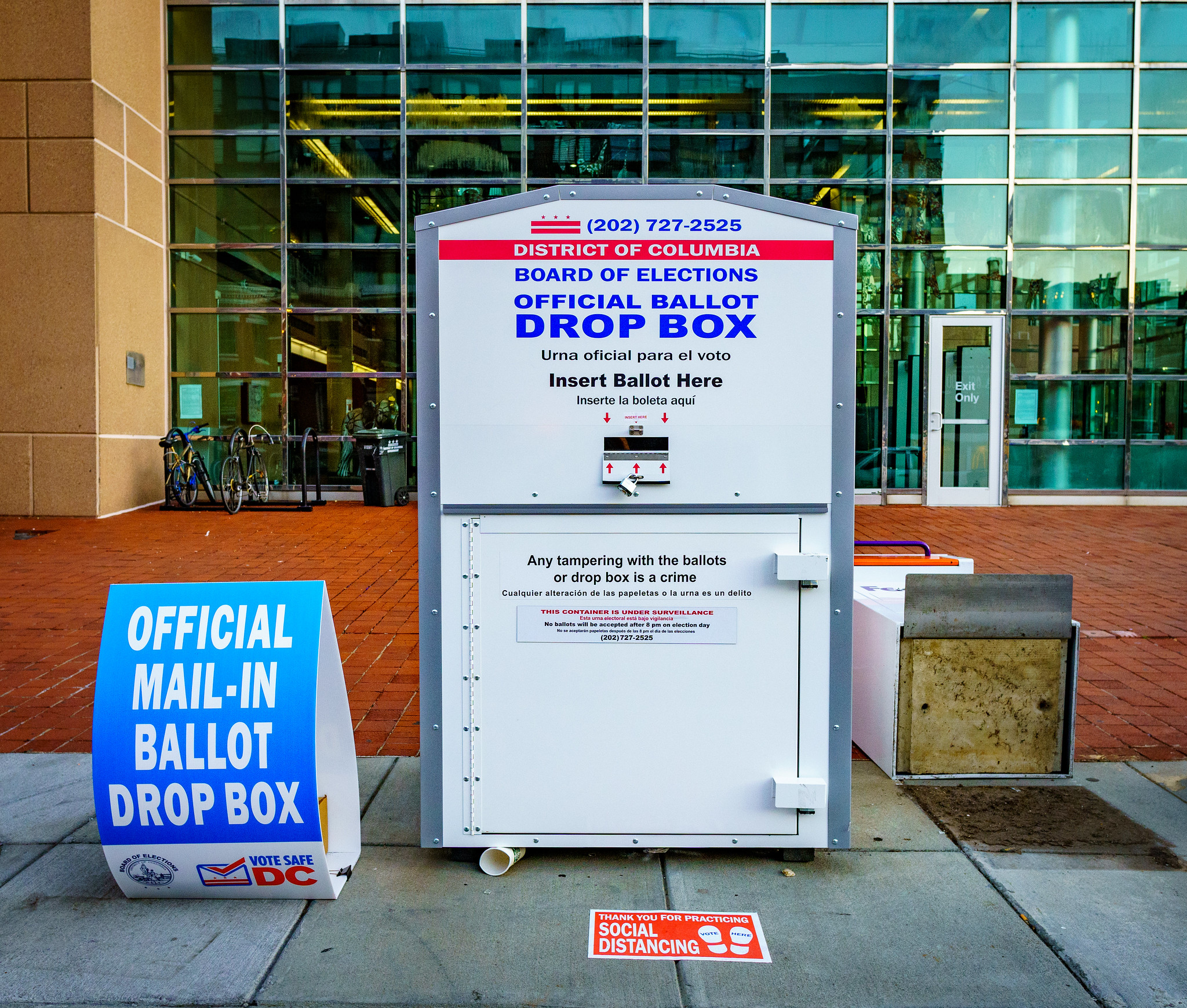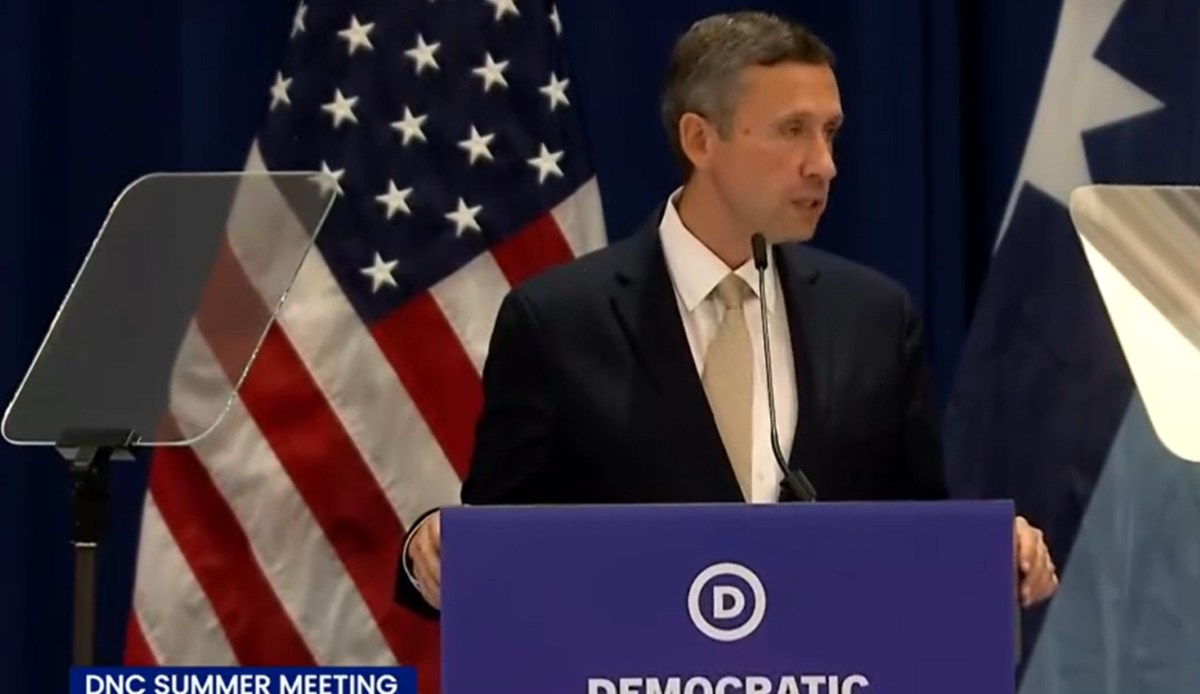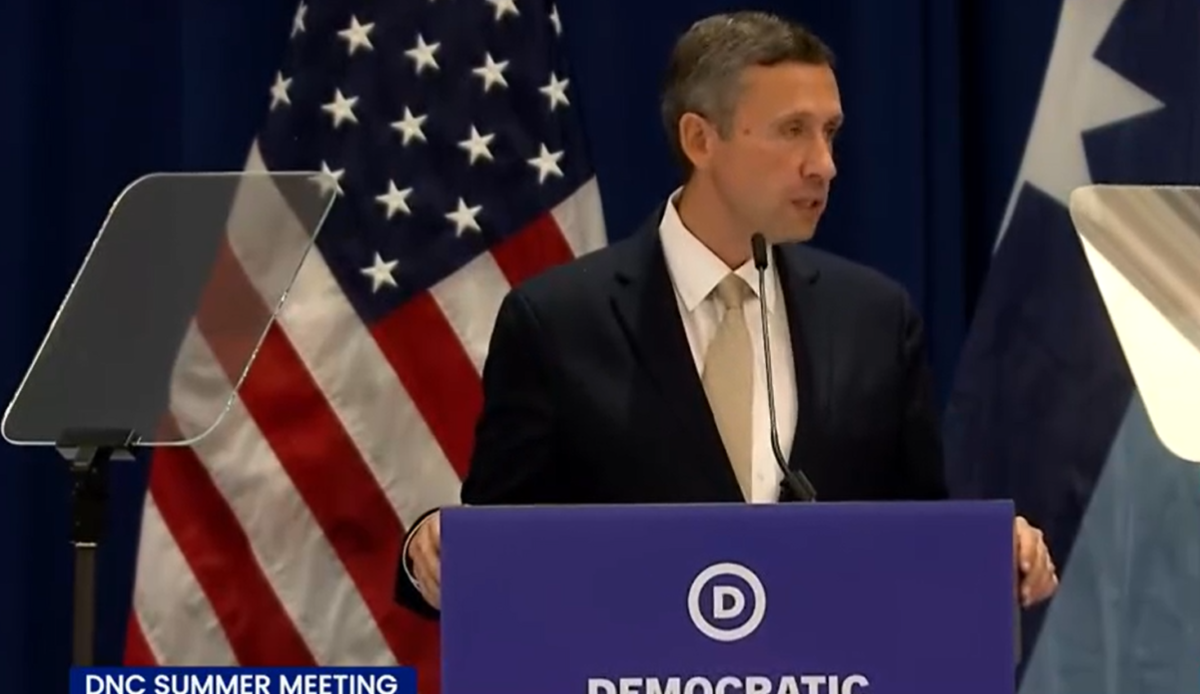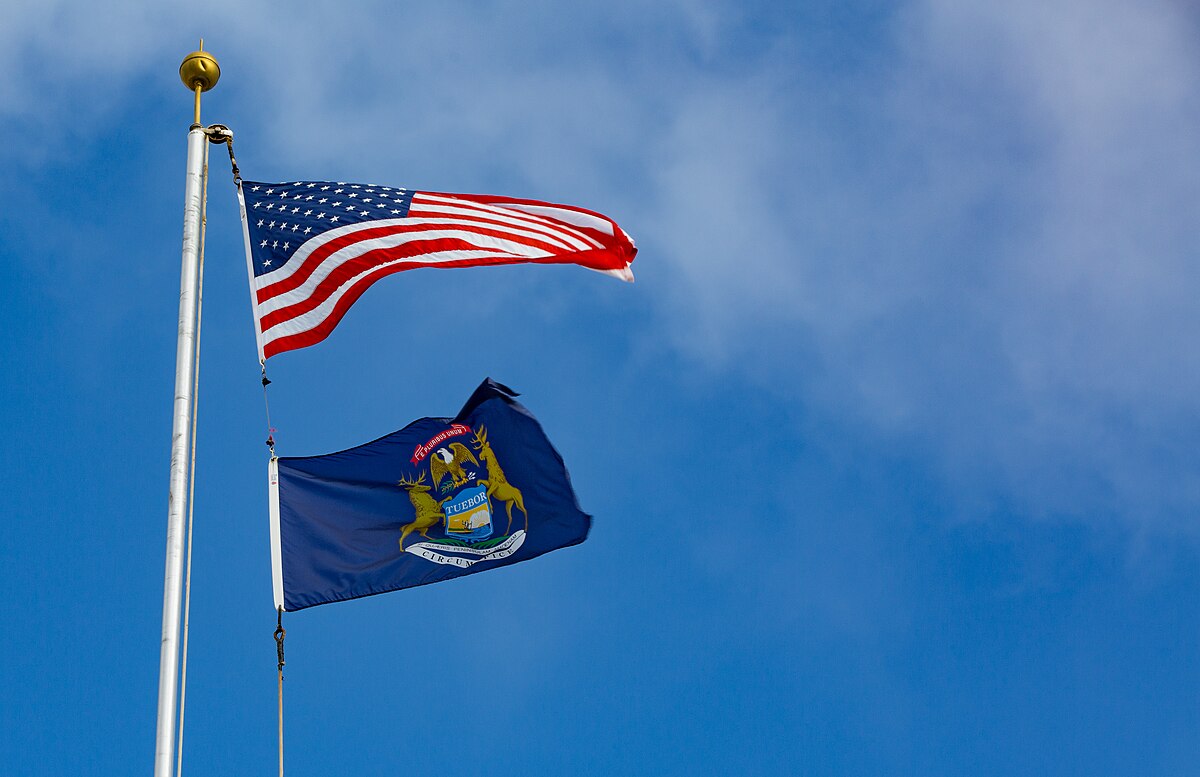Former President Donald Trump has intensified his campaign against mail-in voting, citing concerns over election integrity. During a recent meeting with foreign leaders, Trump emphasized the need to end what he describes as fraud-prone mail-in voting, which is currently permitted in 28 states without requiring a documented reason.
Trump’s stance aligns with a ruling from the U.S. Court of Appeals for the Fifth Circuit, where Judge James Ho stated, “Mail-in ballots are not secure.” This sentiment reflects a broader skepticism about mail-in voting, as many countries have either banned or imposed strict regulations on the practice due to concerns about potential fraud.
The reliability of the U.S. Postal Service has also come under scrutiny, with declining delivery standards raising questions about the timely receipt of ballots. Critics argue that the postal service was not designed to manage elections, leading to calls for a return to Election Day-only voting to enhance election integrity.
In a statement on August 4, the Fifth Circuit referenced a report from the bipartisan Commission on Federal Election Reform, noting that absentee ballots are a significant source of potential voter fraud. Despite these concerns, many Democrats assert that there is no substantial evidence to support claims of widespread fraud associated with mail-in voting.
Trump’s recent remarks have sparked controversy, particularly among Democrats who have criticized his push against mail-in voting. They have blocked Republican efforts to audit signatures on mail-in ballots, raising further questions about transparency in the voting process.
Since the 2020 election, 19 states have enacted restrictions on mail-in voting, reflecting a growing trend among Republicans to tighten voting regulations. In the 2020 election, approximately 33 million mail-in ballots were cast, contributing to Joe Biden’s victory. However, Trump and his supporters have called for investigations into the legitimacy of this spike in mail-in voting, which they argue was not replicated in the 2024 election.
Trump has stated, “We, as a Republican Party, are going to do everything possible that we get rid of mail-in ballots.” He indicated that an executive order to end mail-in voting is currently being drafted by legal experts. This move has raised questions about the feasibility of such an action, as corporate media have expressed skepticism about Trump’s ability to unilaterally eliminate mail-in voting.
The debate over mail-in voting has intensified as the 2024 election approaches. Critics of mail-in voting point to examples from other countries, such as Germany, which allows mail-in voting but requires ballots to be received by Election Day. France has outright banned mail-in voting due to concerns over fraud, and many nations in Europe, the Middle East, and Latin America have similar restrictions.
As the political landscape evolves, the issue of mail-in voting remains a contentious topic. While Trump and his supporters advocate for stricter regulations, opponents argue that such measures could disenfranchise voters and undermine access to the electoral process. The ongoing discussions around mail-in voting are likely to shape the strategies of both parties as they prepare for the upcoming elections.
READ ICE Arrests Convicted Criminals in Nationwide Operation



